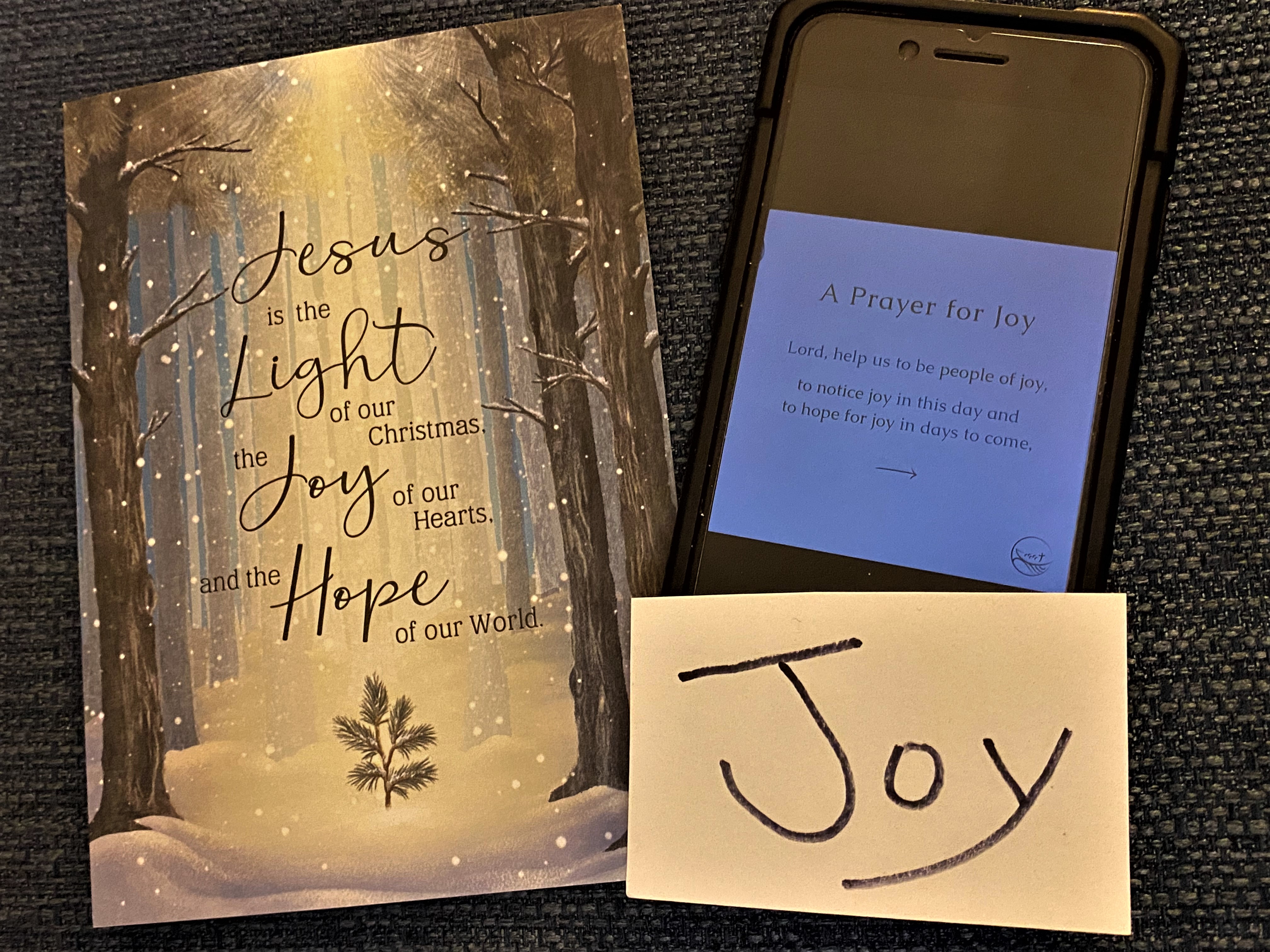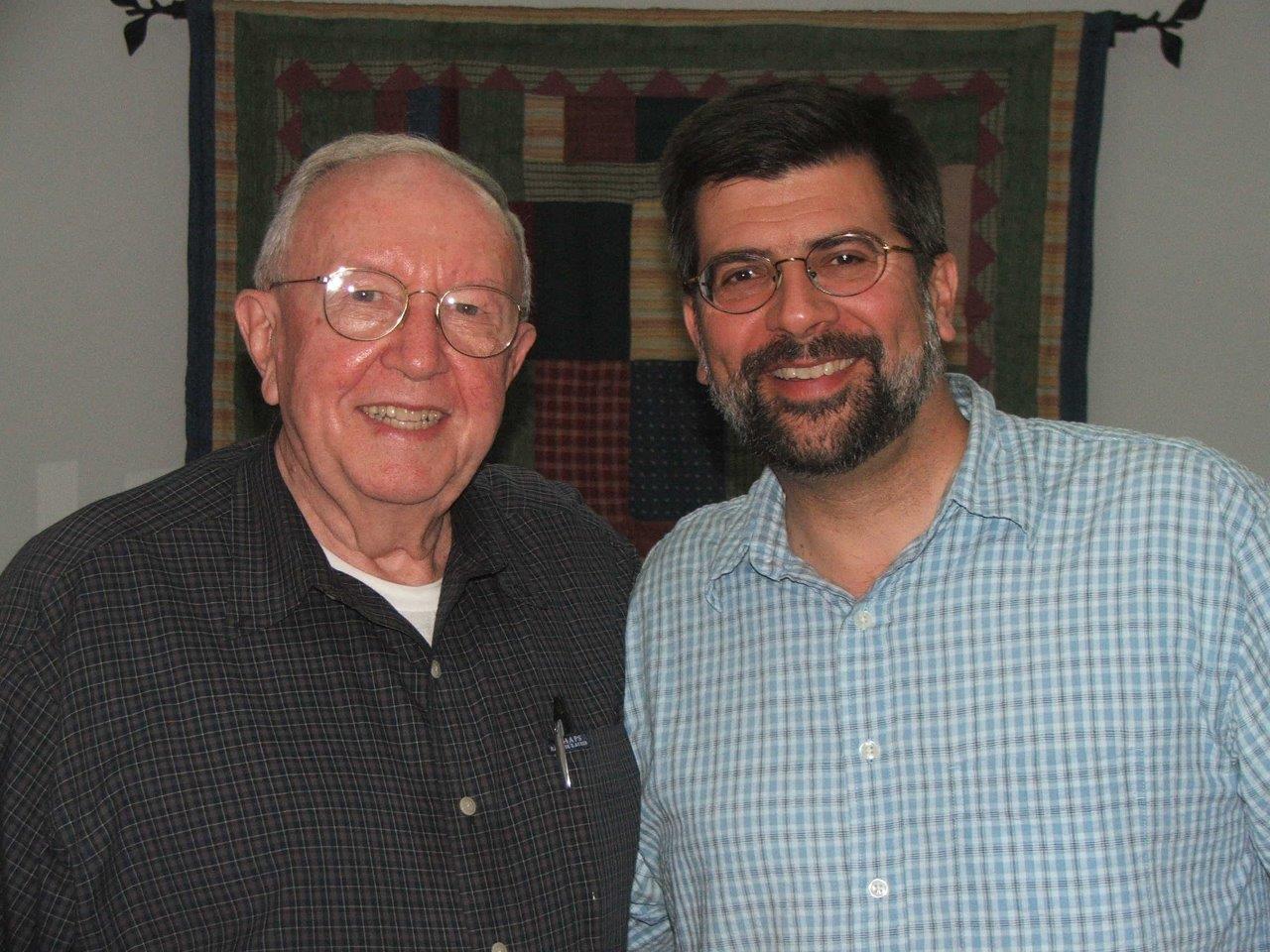Friday Faves. Here we go!
1) A Lullaby by Beyond the Guitar – Nathan Mills has been on hiatus from his public YouTube channel as he worked through the summer creating course content for his other channels. Big news: he’s back!!
 Photo Credit: YouTube, Beyond the Guitar
Photo Credit: YouTube, Beyond the Guitar
Talking through and then performing his treatment of the Game of Thrones theme (his previous arrangements of this can be found here). He takes Ramin Djawadi‘s epic piece and makes it into an ethereal lullaby. Just plain gorgeous.
2) The Art of Neighboring – Several years ago, my husband and I landed in an incredible neighborhood. With great neighbors. As happens, our neighborhood has changed significantly with elderly neighbors downsizing and moving away and new families coming in. The tight-knit feeling we had toward each other has changed…not lost but changed.
This Fall, our community group at church is studying “The Art of Neighboring”. This aligns closely with my deep dive, over the last several months, into our need for being known.
Being Known Podcast with Curt Thompson MD
 Photo Credit: Art of Neighboring
Photo Credit: Art of Neighboring
There is neighboring where we might know someone by sight or even name, but little else. Then there is neighboring which leans in, where we know each other in ways that honors, enjoys, and serves.
It’s an art and it adds to our quality of lives and that of each other in immeasurable ways. Photo Credit: Grace Fellowship, The Art of Neighboring
Photo Credit: Grace Fellowship, The Art of Neighboring
The Art of Neighboring – Website, Book, Resources – Jay Pathak & Dave Runyon
3) The Beauty of Fall – Just a quick salute to the end of summer and beginning of Fall. Cooler weather prompting pulling out our hoodies and cozying up to fire pits. The harvest continues. The flowers, many going to seed, still have a glory that moves artists to paint. And pumpkins!



 Photo Credit: Karen Burnette Garner, Facebook
Photo Credit: Karen Burnette Garner, Facebook
4) Ethnic Foods – Our family has had the rich experience of living in several countries and enjoying the yummy “home cooking” of local friends. Some of that food is also sold by street vendors or in tiny restaurants for such a cheap price you wonder how they can afford to sell it, except for the volume of customers.
We search out those authentic food opportunities here, and various food festivals help fill the bill. Recently, we attended Armenian and Egyptian food festivals. So good! Visiting friends took us on the hunt of discovering new restaurants serving up foods so good they could have been cooked in mama’s homes.
In America, ethnic foods are not cheap. Part of that, I’m sure, is the cost of ingredients and labor. I couldn’t imagine paying the equivalent of $12 for a falafel sandwich when we lived overseas. Here, I’m just glad for the opportunity.
What Is ‘Ethnic’ Food? – Aaron Hutcherson
In the Hutcherson piece linked above, the phrase “ethnic food” may even be offensive in today’s cancel culture. Of me, it’s the best of home cooking served outside the home. America is such a cultural “melting pot” that we may come to the place where international foods become a part of the American food culture. Blended in. Beautifully.
“American food is the mixture of all food brought by our immigrants. Perhaps the recipes have been tweaked a little here, but they originate from past cultures, from identities new and old, and from our ethnic nation. Ethnic food is American food.”
This encouraging American ideal explains why Americans long to assimilate almost every food culture into their diets. It is socially encouraged to be more and more inclusive. The main way people try to find common ground is through food.
Ethnic food can best be described as a classification for types of food favored by cultural groups of people. This is different from authentic, which is a word used to describe food as something genuine or real. American cuisine may be classified as being only ethnic food because of the rich cultural diversity of its population. – DevTome
Still…I think we foodies will still look for the dining experiences that take us back to our mom’s table…or that table of friends in far-away places. Sweet memories.
Here in Virginia, we have an ethnic equivalent of food that’s hard to find anywhere but here and it’s Ukrop’s – a family-owned bakery, deli, and grocery business that’s been around since 1937. Their baked goods are very American. I say this because we have been told, by our international friends, that American sweets are “too sweet” for them. Maybe this is one American food that is uniquely American. I don’t know…but it’s good! No one does buttercream frosting like Ukrop’s. 
4) Telling Our Stories – Storytelling is in our very DNA. We appreciate the stories that draw us in – whether through books or film – or in the telling of our own lives.
Memory tends to embellish. A detail is added or emphasized beyond what really happened.
“Well, all good stories deserve embellishment.” – J. R. R. Tolkien, The Hobbit
The Link Between Memory and Stories – Shawn Callahan
Embellishment entertains but what if our memory of an event or conversation stays the same even as we have grown into a person who has changed.
I think of childhood trauma or an incident that changed the course of our relationship with a person or organization. Sometimes all it takes is one circumstance.
Something may come to mind right now.
Is that a something that you want to affect your story forever?
Many of you may never have seen the 1981 British sports film Chariots of Fire. If you haven’t I highly recommend it. It gives an account of the Olympic Games of 1924. In particular, two runners, who compete against each other, are the focus. Two runners with very different stories.
Harold Abrahams and Eric Liddell.
These two athletes had two very different stories…very different motivations and goals for life. In the film, some of their story may be fictionalized, but there are lessons for us here. Check out the film clips linked below.
“10 lonely seconds [will] justify my whole existence.” – Abrahams
“When I run, I feel His pleasure.” – Eric Liddell
[An extra: In the film, Eric was pushed off the track during an Olympic race, falling to the ground. He got back on his feet and got back on the track. In the crowd, a man was asked if Eric could do (recover the time lost), and he said, “his head’s not back yet”. Eric would put his head back as he felt the pleasure of God on him. And where did the power come from? Another clip.]
YouTube Video – He Who Honors God – Chariots of Fire – don’t miss this scene.
What is your story? Whether you know it or not, you’re telling a story? Is it the one you want to be remembered for? Or is there a healing, a reconciliation, a resolve you want to leave behind as part of your legacy?
Something to consider.
___________________________________________________________________________
That’s it for this week. Hope you have a delightful weekend. Thanks for stopping by.
Bonuses:
8 Rules to Do Everything Better – Brad Stulberg
What To Do When You Feel Like You Don’t Fit in at Work – Lisa Evans
How to Say the Unsayable – 10 Ways to Approach a Sensitive Daunting Conversation – Kathryn Mannix
 Photo Credit: Facebook, Marjolein Bastin
Photo Credit: Facebook, Marjolein Bastin


























































